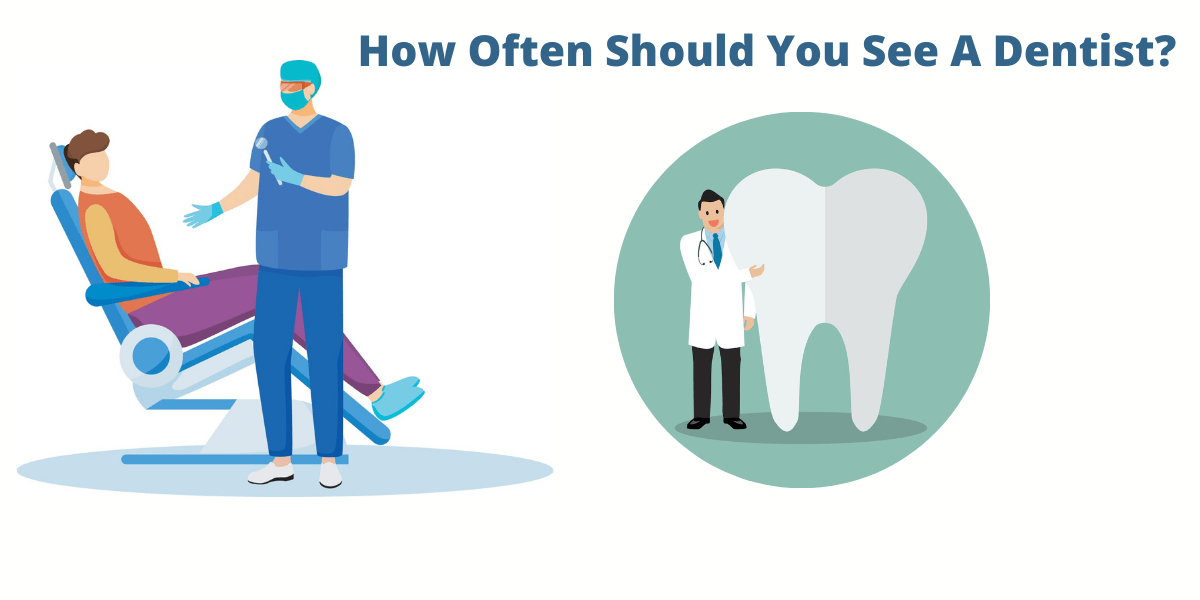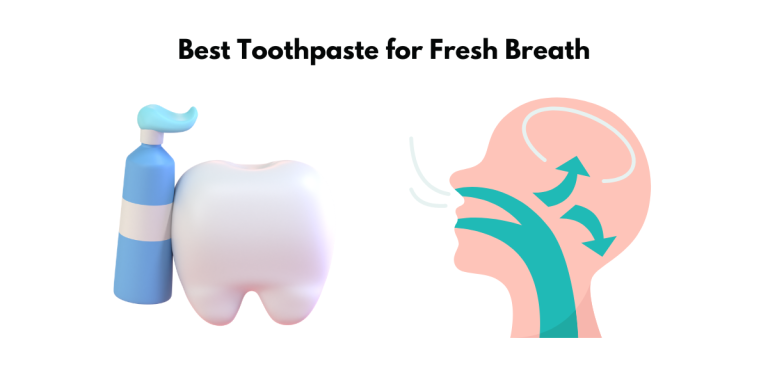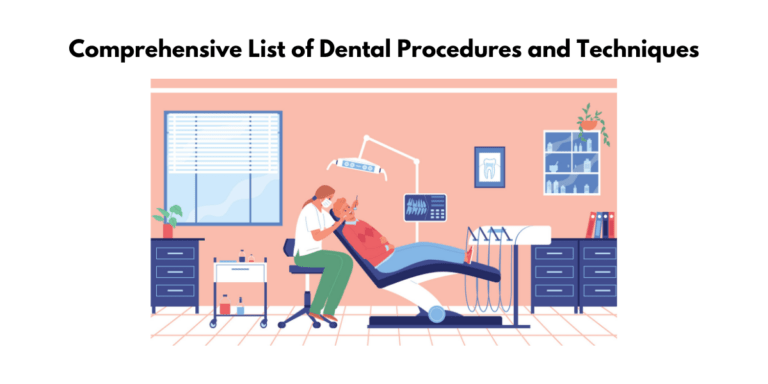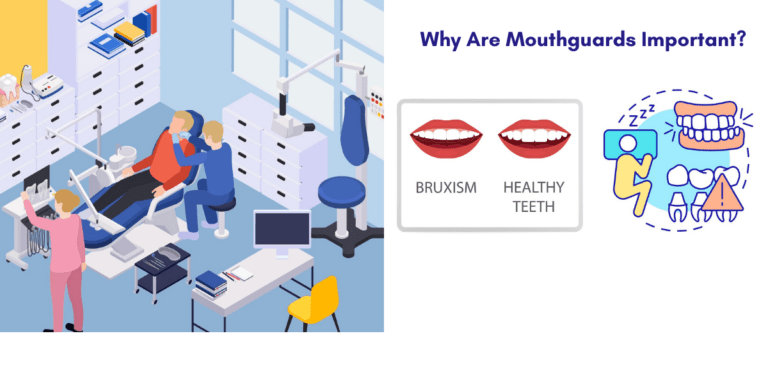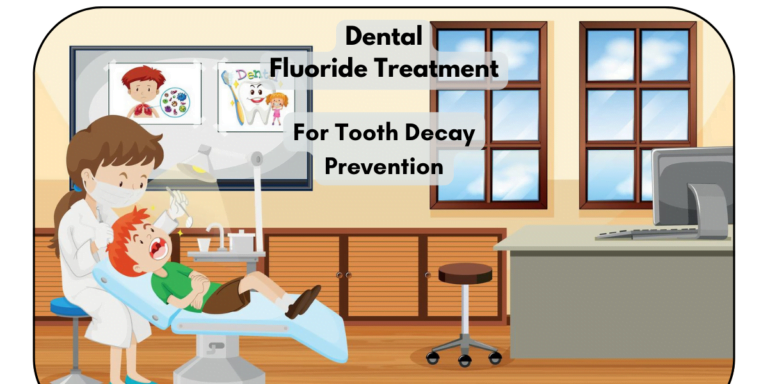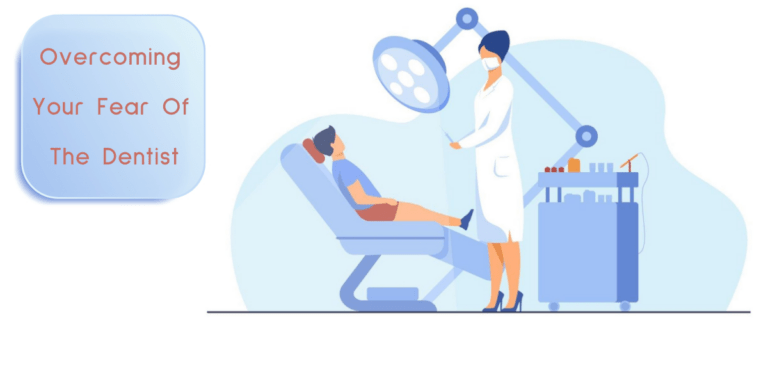10 Things That Happen During a Dental Check Up
Seeing your dentist for a regular dental checkup
Regular visits to the dentist are required for oral health.
Oral hygiene is important because it helps prevent tooth decay, periodontal diseases, and other oral problems. Yes, visiting the dentist for a regular dental checkup is important.
When going to a dental professional regularly, you can optimize your oral health by following the recommended guidelines by dentists.
Does it depend on how often you should brush your teeth?
But remember that some people can get cavities without seeing a dentist because they don’t have good oral hygiene habits or eat sugary foods regularly.
Most dentists recommend once every six months, but this is different for pregnant women, diabetics, and smokers, so if you’re not brushing properly, then this is what you should do:
- brush twice daily with fluoride toothpaste
- floss at least once a day
- visit your dentist every six months
In this article, you will find the answer to your question and its reasoning.
Why have a dental checkup?
Regular dental checkups are essential for keeping your teeth and gums healthy and preventing costly dental issues.
If dental problems are left untreated, they can become painful and difficult to treat.
A dental checkup will allow your dentist to quickly identify any existing dental issues and provide specific instructions to improve your oral hygiene and help prevent further damage.
Here are other reasons why a routine dental checkup is important for upkeeping your oral health:
- A routine dental checkup helps to prevent a range of oral health concerns, such as periodontal disease, tooth decay, and teeth stains.
- Regular preventive dental checkups can help maintain your oral and overall health and prevent tooth decay and gum disease.
- Regular checkups can help detect any problems with your teeth and gums early and receive the proper preventive and restorative care.
- Regular checkups can save time and money in the long run by avoiding pain and costs associated with dental problems.
- Going to the dentist can help to prevent cavities and improve your oral hygiene habits.
- A survey done in the UK revealed that children who only visited the dentist when they noticed a problem had more decaying teeth and fillings than children with regularly scheduled visits.
- A survey done with adults showed that those with regular dental checkups had significantly fewer teeth missing than those who went to the dentist only for dental treatments.

What happens during a dental checkup?
A regular dental checkup is important for your overall health and wellness.
Patients should visit their dentist twice yearly for regular maintenance visits to prevent tooth decay or gum disease from developing into more serious health issues later in life.
1. Doctor examines teeth and mouth
During a dental checkup, doctors examine teeth and mouth for signs of cavities, gum disease, infection, oral cancer, or other dental health problems.
The dentist will also assess the mouth’s soft tissues for cuts, swelling, sores, or masses.
Finally, the dentist will check the gums for issues such as deep gum pockets, which may indicate periodontal disease.
2. X-rays are taken
Are x-rays always taken during a routine dental checkup? The answer is no.
Dentists typically recommend new dental X-rays once every year, but this is not always necessary.
However, it is routine for your dentist to carry out X-rays, on occasion, during your dental checkup to identify existing problems that may not be visible during a routine dental examination.
X-rays allow your dentist to see the following:
- deep gum pockets
- bone loss in the jaw
- impacted teeth
- cysts
- tumors and abscesses
- adult teeth growth in children.
A lead apron is placed over your chest during the x-ray, and your dentist will explain why you are receiving an x-ray and how the x-ray works. If you are pregnant, the dentist should only perform an X-ray in an emergency.
3. Tartar is removed
Tartar is a hard, calcified deposit of plaque that forms on the teeth and around the gums.
It is caused by mouth bacteria that accumulate over time and hardens if not removed.
Tartar buildup can lead to tooth decay, gum inflammation, and other dental problems.
Tartar can be removed by professional teeth cleaning at the dentist, which involves scraping away the tartar and polishing the teeth.
Regular dental checkups are important for preventing tartar buildup and maintaining good oral health.
How do dentists remove tartar?
- Your dentist will use ultrasonic cleaning equipment to scrape away the tartar.
- The dentist will use visual and X-ray results to check for dental defects and evaluate your risks for future dental abnormalities.
- They will thoroughly clean your teeth, starting by scraping off plaque and tartar that collects above and below the gum line.
- The dentist will floss between and around every tooth to remove plaque or food particles clinging on.
- They will then give your teeth a smooth and shiny finish using a tooth polisher with a spinning head and slightly abrasive paste.
- The dentist will examine the soft tissue lining of your mouth, teeth, and gums.
- If there is a buildup of calcified plaque, otherwise known as tartar buildup, you will need a scale and polish to remove the plaque and tartar below the gum line.
- If the dentist finds further problems, they will recommend the next steps you will need to take.
- The dentist may take X-rays to aid in diagnosis.

4. Teeth are cleaned
Routine dental cleaning typically lasts between 30 minutes and an hour, but the actual length of the appointment may vary depending on how long it’s been since your last cleaning and the condition of your teeth.
The cleaning and exam process may be faster if you have good oral health habits.
However, if it’s been a while since you’ve been in, the appointment may take longer.
Additionally, complex oral health issues may require multiple appointments.
Cleanings are important to reduce your risk of cavities and gum disease and improve your whole-body health.
You should visit your dentist or hygienist every six months to ensure you get the most out of your cleaning.
5. Gum disease is examined
Gum disease, or periodontal disease, is an infection of the gums and the underlying structures of the teeth.
It is caused by the buildup of plaque and tartar on the gum line, which can lead to swelling, receding gums, deep pockets, loose teeth, bad breath, sensitive teeth, pain while chewing, tender gums, and bleeding gums.
If left untreated, gum disease can result in more serious conditions such as heart disease, pneumonia, diabetes, osteoporosis, and cancer.
Good at-home oral care, smart dietary choices, and regular dental checkups are the best way to prevent gum disease.
Here’s a list of possible gum diseases dentist screen for during oral exams:
- Gingivitis
- Unrelenting bad breath
- Pain when chewing
- Tender gums
- Bleeding gums
- Receding gums
- Cancer
6. Swabs are taken
Swabs may be used during a dental checkup procedure to check for signs of infection in the mouth, such as cuts, swelling, sores, or masses.
The dentist may also use a swab to measure the gum pockets’ depth and check if the gums bleed when lightly touched with the swab.
Swabs can also take detailed x-rays to confirm cavities, assess gum disease severity, and investigate orthodontic issues.
7. Oral cancer screen is done
Oral cancer is a serious health issue that can occur in various ways.
A variety of symptoms including the following, characterize it:
- bleeding in the mouth
- ear pain
- weight loss
- soreness in the back of the throat
- white, red, or speckled patches in the mouth
- swelling
- lumps or bumps inside the mouth
- difficulty chewing, swallowing or speaking
- a change in your voice or sore throat
Over 53,000 Americans were diagnosed with oral cancer in a single year. Early diagnosis is key, as it is easily treatable if detected early.
Dentists are trained to detect early signs of oral cancer through visual exams and a VELscope cancer exam, which uses a special light to look for dead tissue caused by tumors.
Oral cancer can be caused by the following:
- Smoking or vaping
- Teeth grinding (bruxism)
- Brushing your teeth too hard
- Poor diet
- Excessive alcohol consumption
- Exposure to ultraviolet radiation
- Human papillomavirus (HPV)
- Chewing tobacco or snuff
- Environmental toxins and chemicals
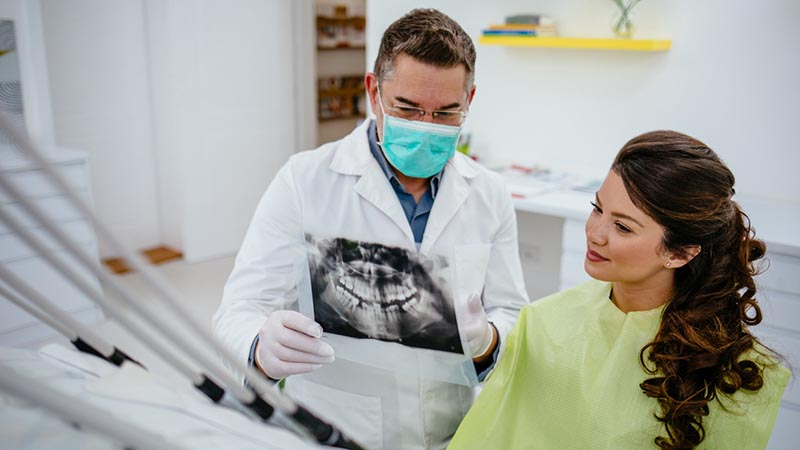
8. Diabetes is assessed
A dentist will assess for signs of diabetes related to gum disease at an oral checkup.
They will examine the teeth and gums and ask about the patient’s general health and any problems they have had with their teeth, mouth, or gums since their last visit.
The dentist may also ask about the patient’s diet, smoking, alcohol use, and teeth-cleaning habits.
During the checkup, the dentist will also carry out a VELscope cancer exam to look for any signs of dead tissue caused by tumors.
If any signs of diabetes or other health concerns are identified, the dentist will advise on oral care and lifestyle changes to help improve the patient’s overall health.
9. Smoking habits are examined
It is necessary to examine smoking habits during an oral exam.
The dentist will check for any oral damage caused by bad habits, such as smoking or vaping, teeth grinding (bruxism), brushing your teeth too hard, and your diet.
In addition to the oral examination, dental X-rays will detect underlying concerns that may otherwise go undetected, such as bone loss in the jaw.
The dentist will also perform an oral cancer screening, which is painless and only takes a minute, and feel for lumps along your neck, gums, and under your tongue.
Furthermore, the dentist will provide a risk assessment, which includes your risk of future cavities, gum disease, and oral cancer.
10. Advice on oral care is given
Dentists give various oral care advice to help patients maintain a healthy and beautiful smile between dental checkup visits.
They can advise on lifestyle choices, such as quitting smoking or vaping, teeth grinding (bruxism), changing brushing habits, and dietary changes to improve oral health.
Dentists also recommend regular visits for dental checkups, which should include an examination of teeth, gums, and mouth, as well as advice on diet, smoking and alcohol use, and teeth-cleaning habits.
Furthermore, they provide personalized dental treatment plans and risk assessments, along with tips for managing any symptoms of gum disease, tooth decay, or other conditions.
How often should you go to the dentist?
It is wise to schedule a dental checkup every six months for adults and children. If you are unsure about the frequency of your next appointment, it’s best to follow a ‘two times per year rule of thumb.

Benefits of a dental checkup
Regular dental checkups are important to keep your teeth healthy and strong.
They can help prevent cavities, gum disease, and other oral diseases leading to pain or tooth loss.
A dentist will perform a dental cleaning, including removing plaque tartar and polishing your teeth using paste and floss. This process is also known as scaling and polishing.
Regular dental checkups can save time and money by preventing cavities and help prevent future oral health issues.
In addition to regular care, a visit with your dentist is beneficial for general wellness.
The most important benefit of a regular dental checkup is that it prevents cavities, saving many people from spending large sums on tooth restoration in their later years.
Regular dental checkups are essential for most people as they help detect and prevent oral disease.
Many Americans make their last appointment because of pain before symptoms get severe enough to require treatment, although many will continue to experience this pain without seeking care.
Regular visits with your dentist can also lower the likelihood of experiencing a serious oral problem by up to 15%.
Regular visits can also be done irregularly, including preventive exams or screenings and routine cleanings.
Dental checkups are important because they protect your overall health.
Not getting the dental care necessary can result in chronic diseases such as periodontal disease and oral cancer that could lead to death if left untreated for a long time.
Regular dental appointments should be scheduled at least once every six months to maintain good oral hygiene and prevent any potential damage to teeth or gums from bacteria buildup.
Dental checkups prevent plaque, tartar, cavities, and tooth decay
A dental checkup is recommended every six months, and will look for early signs of tooth decay.
Dentists can also start patients on fluoride treatment if cavities or white spots are found on stained teeth.
Dental checkups prevent plaque, tartar, cavities, and tooth decay.
Going for regular dental appointments is important so your teeth are not damaged by bacteria that can cause dental problems.
Regular visits to the dentist can prevent problems from occurring.
Furthermore, children who visit only when a problem is noticed have more decaying teeth and fillings than regularly scheduled visits.
Routine dental visits keep gum disease at bay
Dentists recommend regular dental visits to ensure gums stay healthy and gum disease does not occur.
Gum disease is a condition that starts with minor symptoms like redness, swelling, and bleeding during brushing. A dentist will ensure that gums are firm and treatment for the cause is necessary if needed.
Regular dental visits will help you and your teeth and keep gum disease at bay.
The dentist will gladly guide their patients in caring for their gums with a thorough oral hygiene routine that includes brushing twice daily and using an antiseptic mouthwash.
People who visit the dentist regularly have significantly less chance of developing gum disease.
Routine dental visits are important to avoid this problem since it can lead to loose and missing teeth if not caught in time.
Dentists use routine checkups to check for oral cancer
Dentists use regular checkups to detect oral cancer.
Having your teeth checked regularly is important because it can help prevent problems from worsening.
Dentists recommend routine checkups to help prevent oral cancer.
The dentist will discuss treatment options, and a checkup always follows preventive hygiene procedures such as scaling and root planing.
In addition, the dentist would ask for X-rays if they recommend dental treatments that require more than just brushing your teeth with toothpaste or flossing after every meal.
It allows them to view areas of your teeth below the gum line, which can help them diagnose problems that are not visible at first glance.
Routine checkups can detect systemic health issues
Routine checkups are important to detect systemic health issues, including gum disease.
A dental exam is also important in the head and neck area routine.
Routine checkups are important because they can help detect systemic health issues.
Dentists will make sure to check gum tissue during routine checks with symptoms of gum disease.
If the dentist finds any worrying signs, they would treat the underlying cause and guide patients on how to take care of their gums to recover from this condition naturally.
- What Is Pediatric Dentistry? Your Guide to Child-Friendly Dental Care - August 27, 2024
- What is an Orthodontist? [10 facts] you need to know about orthodontists - April 13, 2023
- Dental Advice: Everything You Need to Know about Clear Aligners - February 28, 2022

